State of Emergency, State of Resilience
Arcus Center for Social Justice Leadership
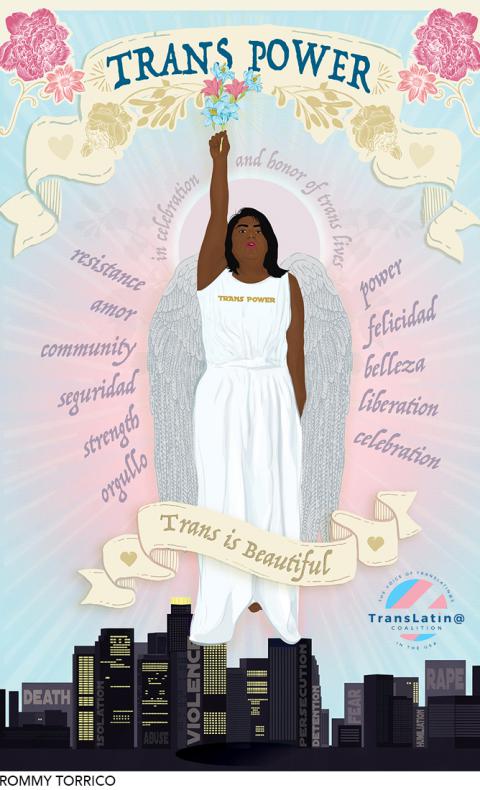
The complex intersectional identities of transgender women of color, who are dealing with the overlapping issues of transmisogyny, racism, and classism, leave them vulnerable to multiple forms of institutionalized oppression.While much more systemic work is needed to improve the quality of life for transgender women of color, transgender activists and organizations are leading the movement to rectify these injustices.

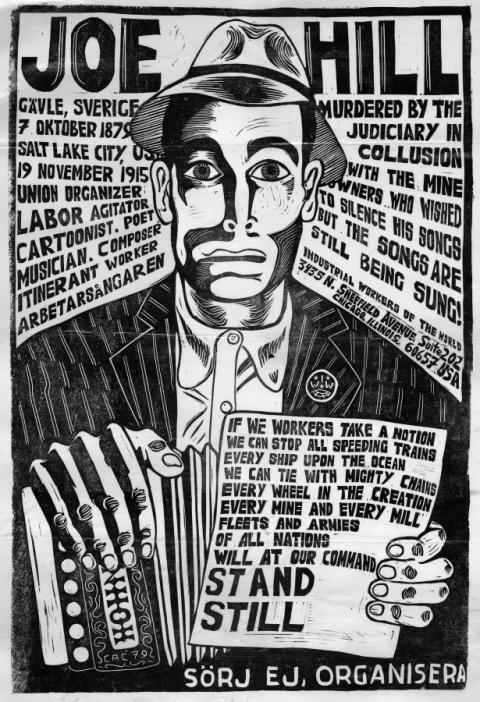

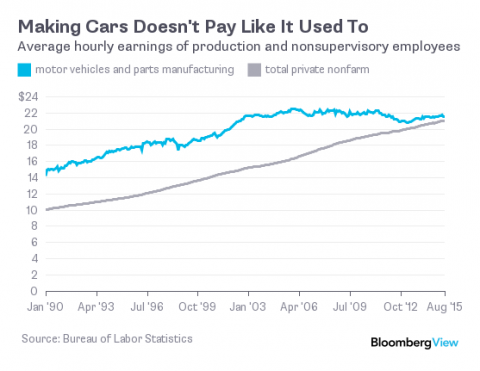



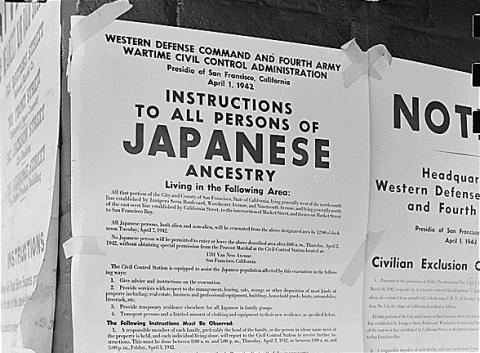
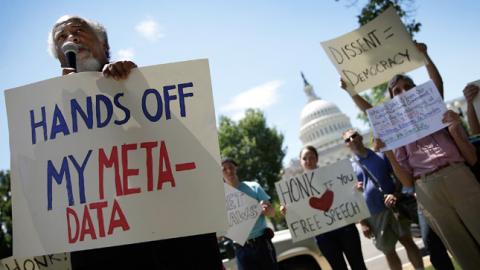

Spread the word